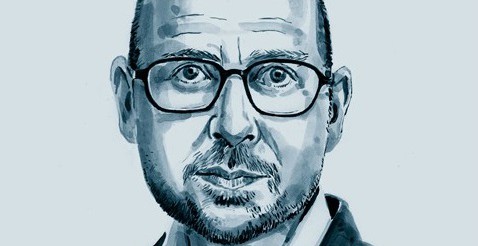Do we need more men in general practice?

We are witnessing a major decline in the number of male GPs. In the current intake women outnumber men two to one, and many men in their 50s will soon retire.
Men are an endangered species in a primary care environment, where the overwhelming majority of other staff are women too. For some, this might be cause for celebration – the end of male dominance in a branch of medicine. But this feminisation will become an issue in itself, for patients should be able to choose the gender of the doctor they see. But to advocate for men (as a man) is a fraught business, and risks accusations of misogyny and mansplaining.
We need male GPs in the front line to help men help themselves
The current equality agenda seems detached from suburban regional life. It seems more designed for the Americano-sipping-ultra-privileged-Oxbridge-London-elite-urbanisters. Or FTSE 100 board members. But my reality is burnt toast breakfast; kids’ homework; instant coffee; shopping at Lidl; taxiing kids to clubs; hanging out the washing; no clean socks; drinking too much on a Friday night.
A different world where equality arrived long ago, girls do better at school, are more likely to attend university and much more likely to enter the all professional courses. Did you know that currently 80% of newly qualified vets are women? Also in my world, men and women actually care about and respect each other. We are just sisters and brothers trying to make the best of our ordinary lives.
And as a boy from a free-school-dinner comprehensive, the most marginalised and unrepresented group, I find the concept of ‘male privilege’ a hard circle to square. We seem to have forgotten that class is the great oppressor, not just gender.
Today, fewer men are applying for medicine. Fewer still are considering GP as a career. It is common to hear negativity expressed towards men, even in medical school – and this goes unchallenged. Men, too, are victims of crude and out-of-date stereotyping – not all men are the same.
And the single greatest health inequality is maleness – men die on average four years earlier than women. (The causes being violent death, suicide, extreme poverty, homelessness, late presentation of cancer.) Despite these facts, there is limited recognition, research, advocacy and care for men’s health. Men are rarely seen as victims and there is a pervading sense that it is our own fault, that we are to blame. Men are marginalised and are reluctant to engage with health services. We need male GPs in the front line to help men help themselves.
But there is a more important and fundamental reason why we need men in general practice. The presence of women in medicine is the greatest advance in the last half-century. Not simply because of the academic contribution, but because women have delivered better working environments for all, made the profession more humane and family friendly. This allows male doctors to be better parents and have a healthier work-life balance. Mixed-gender working environments are simply better, happier and more productive. That’s mixed; not monopolized by one group or another.
Is it time to do the unthinkable and start advocating for men in general practice?
Dr Des Spence is a GP in Maryhill, Glasgow, and a tutor at the University of Glasgow
Pulse July survey
Take our July 2025 survey to potentially win £1.000 worth of tokens











